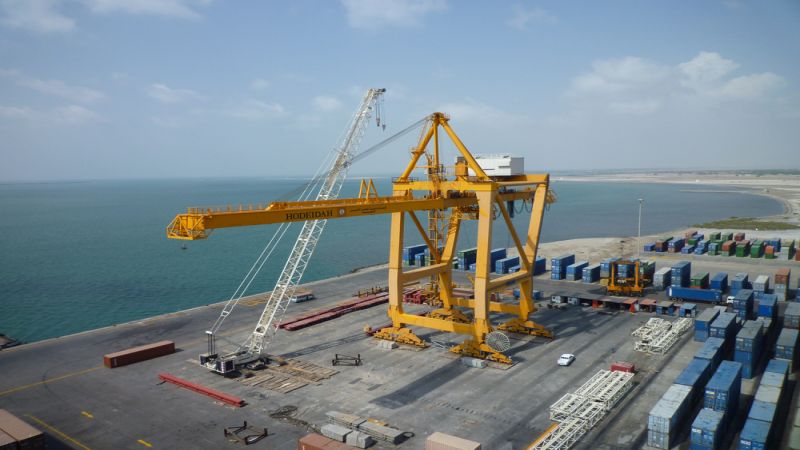
Local Editor
Of the 40 nations and international organizations that offered up funds at last month’s High Level Pledging Event for the Humanitarian Crisis in Yemen, Saudi Arabia and the United Arab Emirates were by far the largest donors. Between them they committed more than half of the US$2.62 billion raised. These two nations, given how they have pursued their military intervention in Yemen since 2015, also bear primary responsibility for creating and perpetuating the country’s humanitarian crisis.
The next largest donor was the United Kingdom which, along with the United States, has provided crucial political and military support to the Saudi-led military coalition and leveraged its permanent seat at the UN Security Council to undermine attempts to hold the parties of the conflict accountable for war crimes.
With a handful of exceptions, most donor countries at the pledging event – whether through their diplomatic support, their arms sales, or through their silence – have been accomplices to the war in Yemen and the horrors it has wrought. In 2016, Saudi Arabia also threatened to withdraw hundreds of millions of dollars in UN aid funding in a successful blackmail of then-UN Secretary General Ban Ki-moon, forcing the latter to remove the kingdom from a UN report that said it was guilty of killing and maiming children in Yemen.
In this light, most of the governments pledging to finance the UN humanitarian effort in Yemen last month cannot be seen as altruistic actors grounded in moral conviction. Rather, humanitarian aid – alongside weapons, sanctions and diplomatic maneuvering – has become an integral part of the tool kit nations involved in this conflict deploy when expedient. For whatever else it is, giving to the aid effort in Yemen is an attempt to save face for those parties who have helped facilitate, and often profited from, the single largest manifestation of human suffering in the modern era. Their aid offering is an apology for failing to take real action to stop this outrageous, ongoing atrocity.
US and UK officials have often argued that their support of the Saudi-led military coalition has actually helped reduce the war’s toll on civilians. The argument is that through their diplomatic support the US and UK have maintained access and influence with Saudi and Emirati decision makers, and that through providing such things as precision-guided weapons, coalition aircraft have been able to clearly discern and strike targets on the ground. The reality, however, is that unwavering diplomatic support for Riyadh and Abu Dhabi has simply normalized the coalition’s reckless behaviour, and rather than preventing civilian casualties, the continued provision of advanced weaponry has enabled the coalition to carry out precisely-guided war crimes.
UN agencies and international non-governmental organizations operating in Yemen have for years been calling on the international community – in particular the US, UK and the UNSC – to call out the coalition for its wrongdoings. This begs the question, however: are these humanitarian actors in Yemen adhering to any greater principles than the governments they criticize? The aid funding raised last month is, of course, only half the equation. The other half is where this money ends up going in Yemen – something that has become increasingly problematic the longer the conflict has persisted.
…
Without international humanitarian aid it is clear that the humanitarian crisis would be far more dire. Internationally, the emphasis on aid has also warped popular perceptions of the conflict and allowed members of the international community to shirk their responsibility to take concrete steps to stop the war.
Should enough political will arise in Western capitals, and enough international diplomatic pressure be brought to bear on the warring parties, this conflict would end and the immediate threat of mass starvation in Yemen could be quickly addressed. Short of this, no amount of aid will be sufficient to halt the growing humanitarian disaster.
Source: The Sana’a Center Editorial, Edited by Website Team